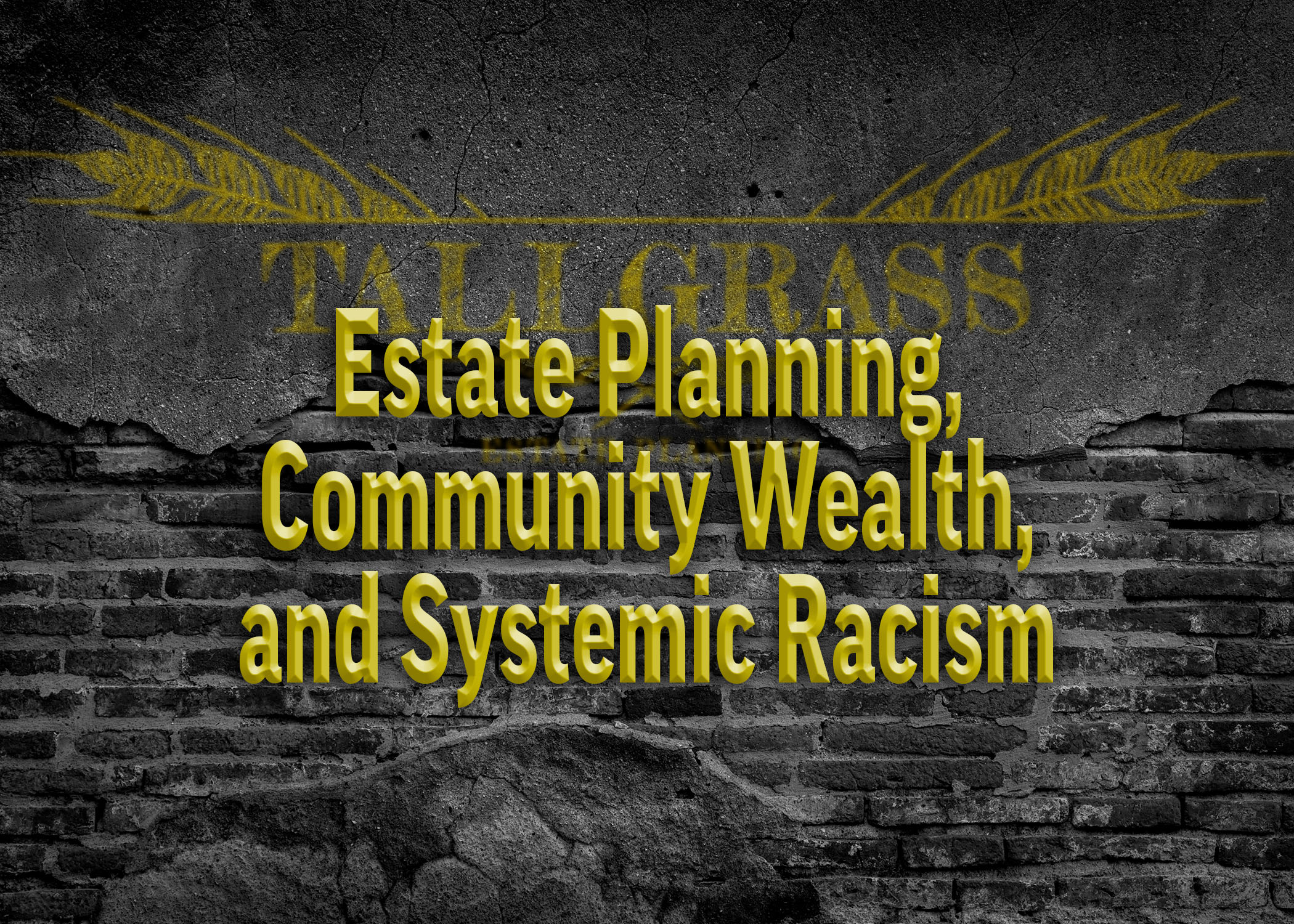
Typically, one of two legal documents is central to your estate plan - a Will or a Trust. Each of these documents is commonly misunderstood. Our goal in this post is to provide some clarity about the biggest differences between what these documents are and how they function.
What is a Will?
A Will is a declaration of your intentions - particularly, what you intend to happen with your assets after you have died. It needs to identify your heirs or those people who would be legally entitled to your property if you had no estate plan - people like your spouse and all of your children. It needs to identify your intended beneficiaries, whether they are among your heirs or not. If you intend to disinherit any of your heirs, that intention needs to be stated specifically. It also needs to identify an executor, or the person or persons who are in charge of the administration of your assets.
What Does a Will Do?
It might be helpful to first think about what a Will can't do. By itself, a Will can't transfer any assets to anyone. By itself, a Will can't confer authority to an executor. In other words, a Will doesn't become effective automatically upon your death. In order for the terms of your Will to be meaningful, someone has to present it to a Probate court to be authenticated and to oversee its administration. That is, a Will requires Probate. This is one of the biggest misunderstandings we encounter. Many people believe that having a Will helps them avoid Probate at death, but the opposite is true.
A Will requires Probate.
So, what can a Will do? Assuming it has been authenticated by a Probate court, a Will can control the disposition of property that remains in your individual name. Any property that has a joint owner or a beneficiary belongs to those people outside of the Probate process. For this reason, joint ownership and beneficiary designations, if not updated, can often undercut the wishes you've stated in your Will.
What is a Trust?
Where a Will is a declaration, a Trust is a legal entity that can own and control property. Technically, it is a contract between a Grantor (the person who creates the Trust and grants their property to the Trust) and a Trustee (the person entrusted with the responsibility to administer the Trust). Usually, the Grantor and the Trustee are the same, at least while the Grantor is alive and healthy. During the Grantor's lifetime, they are also usually the beneficiary of the Trust.
Here's another way of saying all that: A Trust is a contract between you and yourself to control your assets for your own benefit.
A Trust is a contract between you and yourself to control your assets for your own benefit.
That may sound strange, but it opens up the door to a lot of fun possibilities.
What Does a Trust Do?
Because a Trust - not you - owns your property, the Trust provides its own administrative rules for how your property is managed and who it benefits. If you become disabled, the Trust already has provisions for who should serve as Trustee and how they should provide for you. When you die, the Trust still owns your property and has provisions for how it is to be distributed. No Probate court has to get involved because you - your estate - doesn't actually own anything. The Trust is still "alive" and is able to administer everything privately.
If your Trust is properly drafted, it can do a lot more than just avoid probate. It can provide ongoing asset protection for your surviving spouse or children. In other words, the inheritance can be protected from their divorces, bankruptcies, lawsuits, creditors, and other financial misfortunes. Your Trust can provide for the most tax efficient way to benefit your children or church or charity. Your Trust can protect your assets from the costs of long-term care. Your Trust can keep valuable family property - the family farm, family business, lake cabin - in the family for generations.
How Can You Get Started on Your Will or Your Trust?
Our initial consultation is free, and we can meet in person, via video chat, or by phone. We'll use that conversation to find out more about you and your priorities and to education you about your options. By the end of that conversation, you'll be presented with a specific strategy and a flat-fee proposal. To get started, call us at (918) 770-8940, or send an email to firm@tallgrassestateplanning.com.
Disclaimer: Reading this blog post does not create an attorney-client relationship, and it is not formal legal advice. This is for information purposes only. It is always best to speak with an attorney about your questions, assets, concerns, and needs.

















